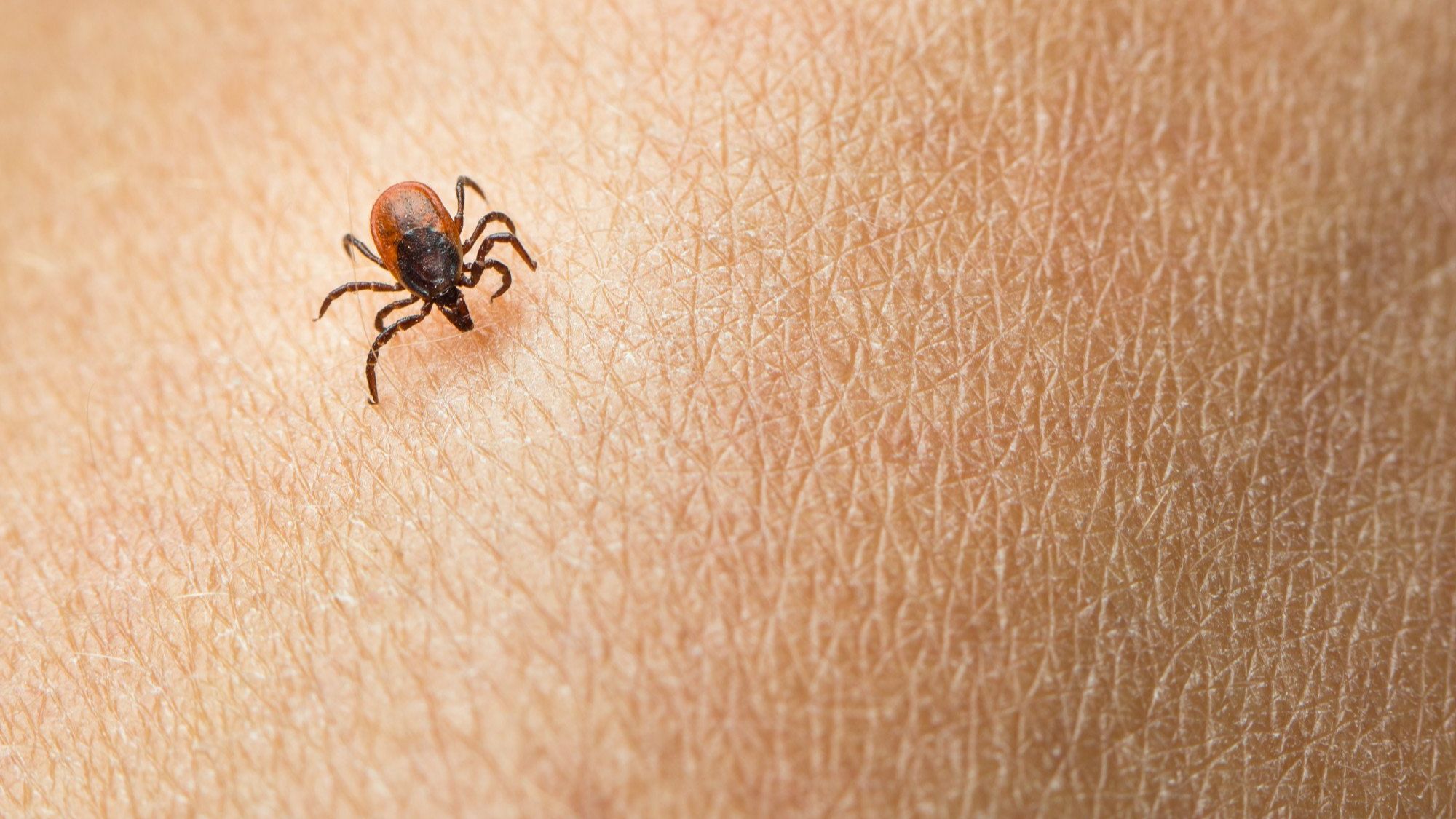What Is Babesia? Know the Signs and Precautions
Sep 26, 2023
The CDC can confirm about 30,000 cases of diagnosed Lyme disease in the US each year. What may surprise most people is that the number is more likely to be around 476,000 cases of Lyme disease, so most children and adults with this disease don't get officially reported or even diagnosed.
What's more surprising is the high prevalence of Babesia, which some believe is more widespread than Lyme.
What is Babesia, and what connections does it have to Lyme? Read on to learn more.
What Is Babesia and Babesiosis?
Babesiosis and Lyme disease are related because they both come from a tick bite. Babesia is the most common Lyme co-infection.
Babesia is actually a parasite that enters the red blood cells of victims through the bite of a tick. It's believed there could be more Babesiosis cases than Lyme.
When 10,000 tick bite patients were studied, researchers found 37.3% were positive for Babesia, while only 32.1% were Lyme positive.
Like Lyme disease, the parasite gets spread by infected black-legged ticks (deer ticks). The good news is that researchers believe the tick needs to be attached to the human for at least 36 hours before the parasite is transmitted to the human. However, more research and continued diligence is imperative.
Where Is Babesiosis Disease Commonly Found?
Cases of Babesia are more likely in the spring and early summer. The parasite is more easily transmitted from young ticks than adult ticks.
Cases of this are more common in the US in the Northeast and upper Midwest.
Connecticut, Maine, Massachusetts, New Hampshire, New Jersey, New York, Rhode Island, and Vermont have all seen significant increases in Babesiosis.
Symptoms of Babesiosis Tick Disease
Most people are diagnosed because they become very symptomatic after the parasite gets into the body's red blood cells.
Most people will start seeing symptoms as soon as a week and up to four weeks after infection. However, the symptoms can present and persist much more chronically. Symptoms include:
- Night sweats
- Paresthesias (pins and needles feeling)
- Unrelenting headache
- Rib and bone pain
- Cough and air hunger
- Anxiety
- Depression
- Brain fog
- Insomnia
- Gastrointestinal symptoms
More severe cases will have worsening symptoms. Patients might see dark urine, yellowing skin, and neuropsychiatric symptoms. There is a plethora of research on a plethora of reactions.
How Do You Get Babesiosis?
You already know that the human victim gets Babesiosis from a tick bite. The tick picks up the parasite when it bites an animal.
Typically, the tick will bite a small animal like a rodent and then pick up the parasite. Once they have it, they can spread it when they have contact with humans.
Diagnosis and Treatments for Babesiosis
Healthcare providers will consider your symptoms and see which aligns with the disease. If you've been outdoors where you might have had a tick exposure, it's important to mention this. They can also run a blood test for diagnosis, though this may need to include specialty lab testing.
Healthcare providers can treat Babesiosis with antiprotozoals, antibiotics, and antimalarial drugs. Dr. O'Hara also uses botanicals such as Cryptolepis, Artemesia, Alchronia, Chinese Skullcap, Japanese Knotweed and more for treatment, too.
What Is Babesiosis Disease? Now You Know
Most people have heard of Lyme disease but wonder what is Babesia. Both come from the tick and can leave a victim feeling very symptomatic.
To learn more about PANS, PANDAS and BGE, and other neurodevelopmental and neuropsychiatric disorders, Dr. Ohara offers a variety of speaking and training opportunities. Contact us to learn more about her training opportunities.



